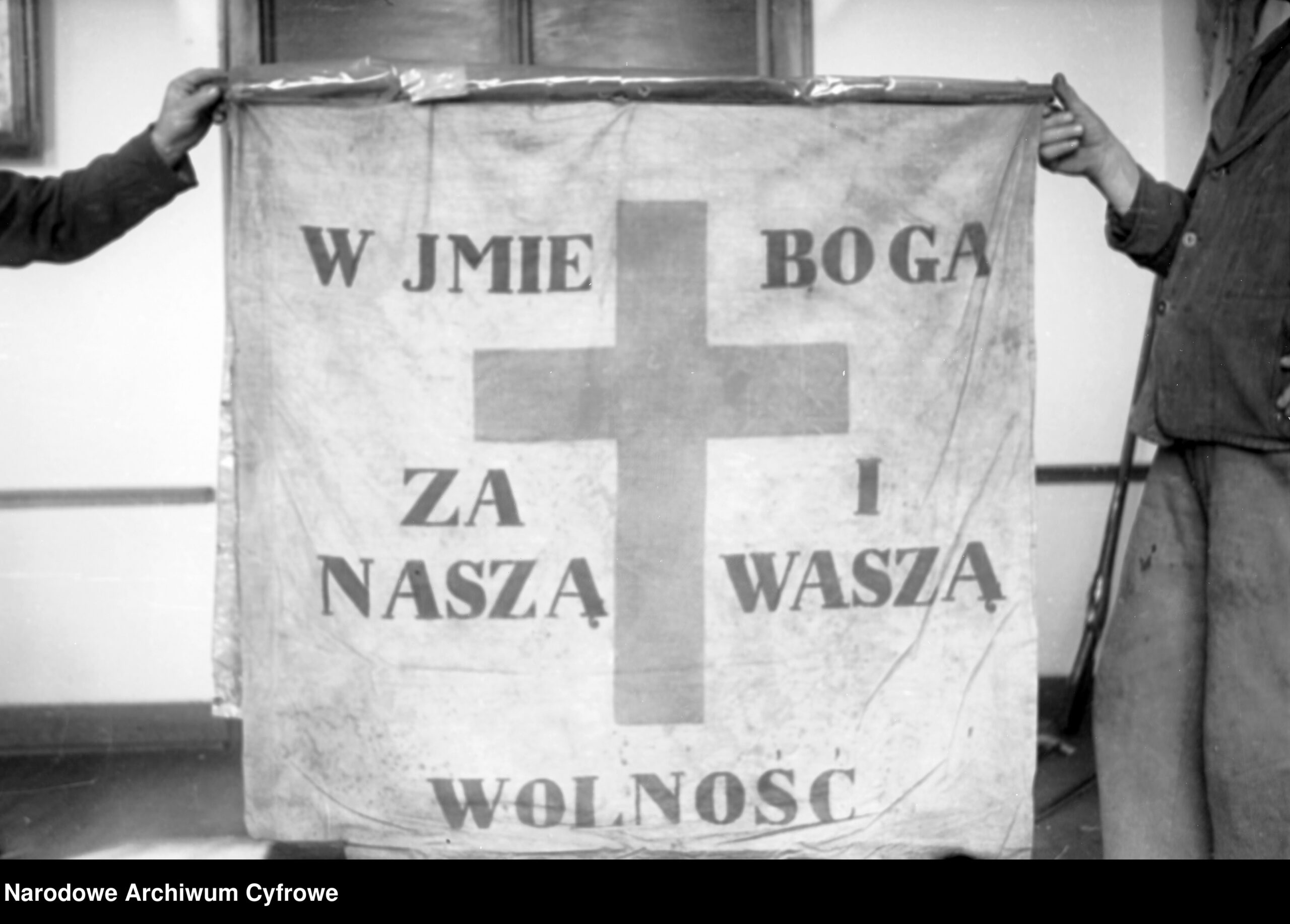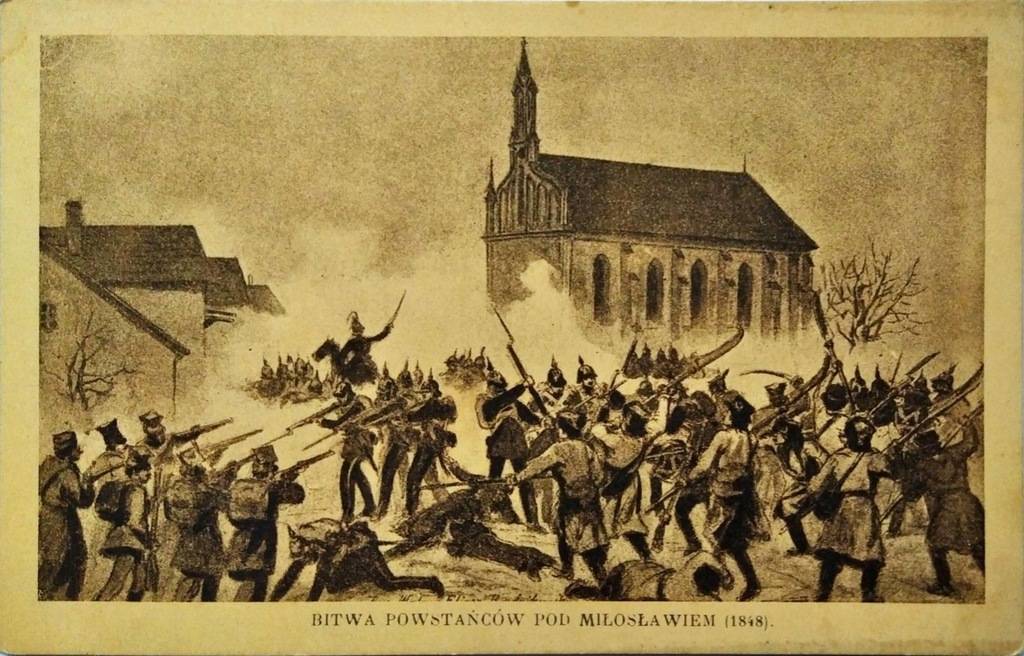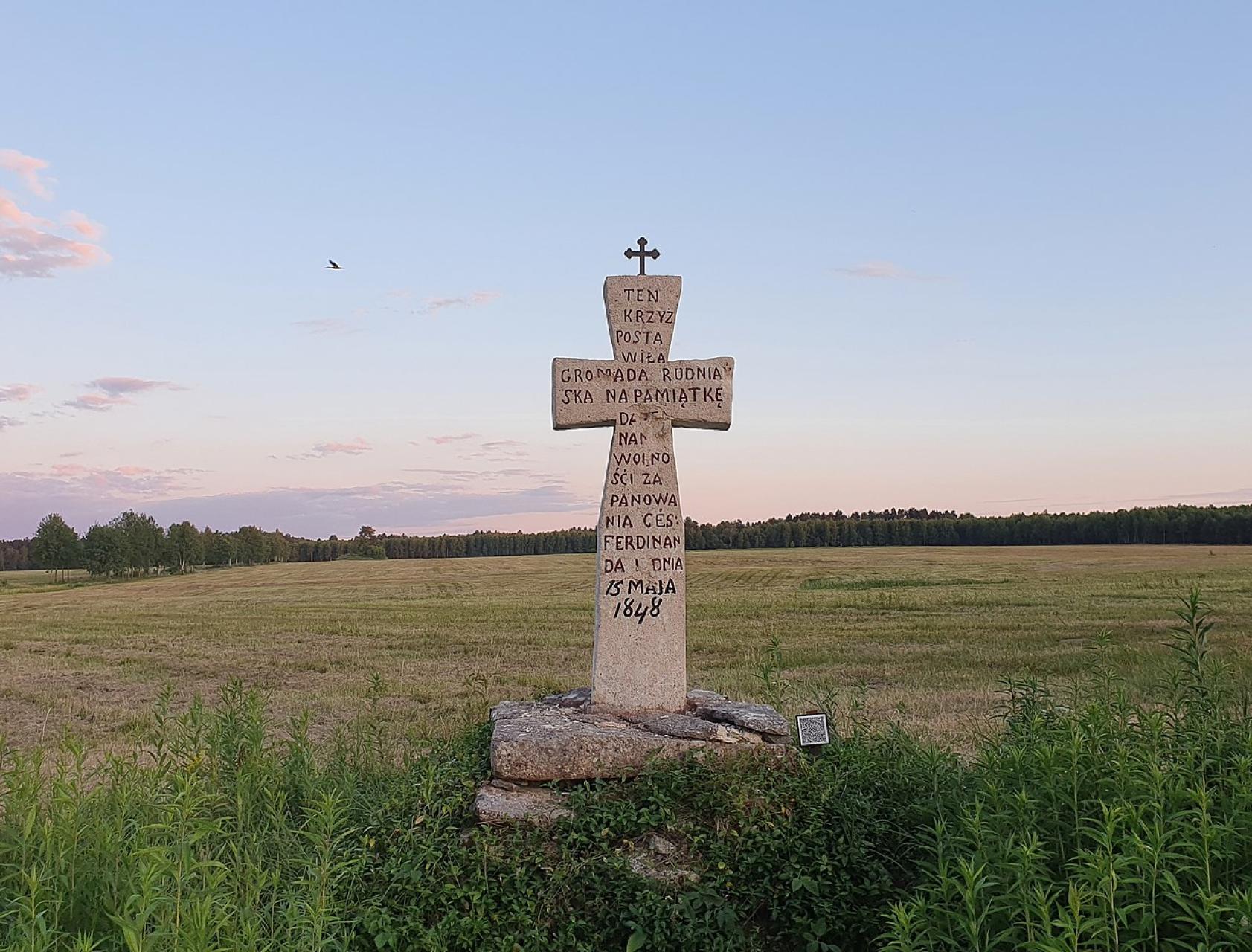
Lvov-Tarnów-Poznan – Monument of Sándor Petőfi, Tarnów
Polish figure of the „Revolutions of 1848„ topic
The Springtime of Nations, a series of national revolutions in 1848-1849, covered almost all of the Europe. In Polish history, this particular time fell between the November (1830-1831) and the January (1863-1864) Uprisings. Repressions which the population suffered after the previous rebellions were still fresh in its memory, and the generation that was supposed to begin the next revolt was only just coming of age. Nevertheless, certain actions – although uncoordinated with each other – inspired by foreign political upheavals were also taken in the Prussian and Austrian partitions, especially in the cities of Lviv and Poznań.
The Greater Poland Uprising had the biggest influence, but even there once again the differences in the approach of various social classes and their expectations related to the rebellion became apparent. The Polish National Committee established in Poznań was composed of wealthy elites and mainly appealed for the extension of the autonomy of the Grand Duchy of Poznań. At the same time, it was trying to control spontaneous outbreaks of the population, inspired by the General Ludwik Mierosławski, who was attempting to turn Prussia against Russia. In the Austrian partition, where the Kraków Uprising took place in 1846 and in its result the status of Kraków as a Free City was removed, people were even more hesitant. In addition, due to the bloody conflict between peasants and elites provoked by the occupying authorities, the general distrust was dominating in social relations. Revolutionary activities were therefore limited mainly to petitions demanding, among other things, freedom of speech and the convening of the Sejm. Meanwhile, General Józef Bem from Tarnów in Lesser Poland, who had been in exile since the November Uprising, actively joined Hungarians in their struggle for independence. He commanded Hungarian troops fighting for liberation from Austrian rule, such as his aide – Sándor Petőfi, and achieved numerous successes. ,,For our freedom and yours”, the motto from 1831, when Poles expressed solidarity with the Russians trying to overthrow autocracy and replace it with a constitutional monarchy, has become even more relevant during this turbulent period in history.
Further reading:
Schäfer F., The Polish Contribution to the Baden Revolution 1848/49, ,,Miscellanea Historico-Iuridica” (2020), V. 19, No 2, p. 69-80.
Stauter-Halsted K., The Nation in the Village: The Genesis of Peasant National Identity in Austrian Poland, 1848–1914, Ithaca 2001.
Facts





